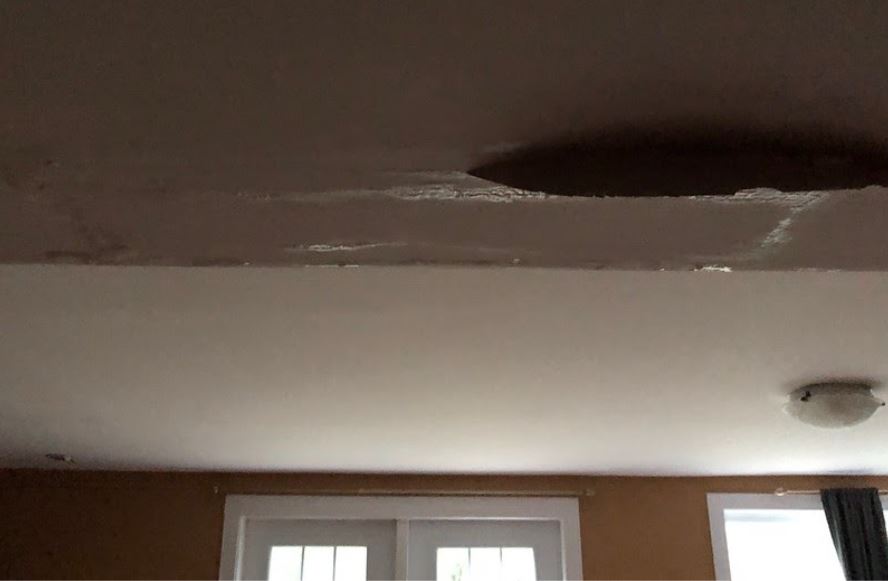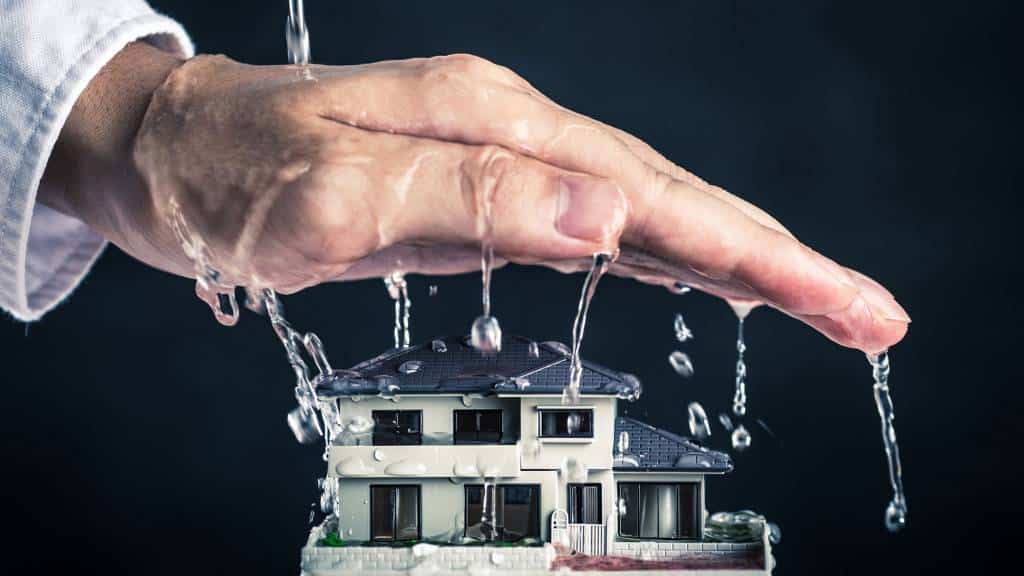We've stumbled on this post pertaining to How to detect water leaks in your home directly below on the net and figured it made good sense to write about it with you over here.

Leakages not only cause waste of water yet can likewise cause unnecessary damages to your residence as well as advertise unwanted natural development. Water leakages might go undetected given that many of the pipework in our home is hidden. By understanding and also looking for everyday scenarios that trigger leaks, you can safeguard your home from future leakages and unnecessary damages. Today, we will look at 6 leak triggers that might be creating your pipelines to trickle.
Trespassing roots
A lot of water leaks start outside the residence rather than inside it. You could discover damp patches or sinkholes in your yard, as well as that might mean that tree roots are invading water lines causing water to leak out.
Corroded water systems
This could be the cause of staining or warping on your water pipelines. If our plumbing system is old, think about replacing the pipelines considering that they are at a higher threat of deterioration than the newer versions.
Malfunctioning Pipeline Joints
The factor at which your pipes link is often the weakest link in the waterline. Pipeline joints can deteriorate with time, causing water leakages. The bulk of pipe joints are not conveniently noticeable. If you have loud pipelines that make ticking or banging sounds, specifically when the hot water is activated, your pipeline joints are most likely under a lot of pressure. It is a good idea to have your plumber inspect your system annually.
Immediate temperature adjustments.
Severe temperature modifications in our pipelines can trigger them to expand and also contract all of a sudden. This development and tightening may create cracks in the pipes, specifically if the temperature are below freezing. It would be best if you watched on how your plumbing works. The presence of the formerly discussed conditions regularly shows a high danger.
Poor Water Connectors
At times, a leak can be caused by loose hose pipes and pipelines that provide your home appliances. Typically, moving is what triggers the loosened water Links. You may discover when it comes to a washing device, a hose might spring a leak as a result of trembling throughout the spin cycle. In case of a water links leakage, you might notice water running directly from the supply line or puddles around your home appliances.
Clogged Drains
Blocked drains pipes may be annoying and inconveniencing, but they can occasionally wind up creating an overflow resulting in rupture pipes. Maintain removing any materials that may go down your drains that could block them to prevent such aggravations.
All the above are reasons for leakages however not all water leakages arise from plumbing leaks; some leakages could come from roofing system leaks. All leaks ought to be fixed right away to stay clear of water damages.
Leakages not just trigger waste of water yet can also create unneeded damages to your home and also advertise unwanted natural development. By understanding as well as looking for day-to-day situations that cause leaks, you can safeguard your home from future leaks and unnecessary damage. Today, we will look at 6 leakage triggers that might be triggering your pipes to drip.
At times, a leak can be caused by loosened hose pipes and pipes that provide your home appliances. In instance of a water links leak, you might observe water running directly from the supply line or pools around your home appliances.
Tell-Tale Signs of a Water Leak
The Sound of Running Water
If you’re hearing water running, your first step should be to check your faucets, toilet valves, and outdoor spigots. If everything if status quo, take an exact reading of your water meter and don’t use the water for a few hours. Then, take another meter reading. If there has been no change, that means water is not running (and maybe it’s time to have your hearing checked!). If the reading has changed, however, this indicates that water is indeed flowing and you most likely have a leak.
Wet or Damp Floors
You’re walking across your carpet and suddenly squish—your sock is soaked! The dog doesn’t look guilty and your child swears they didn’t spill anything. That means you’re likely looking at sewer leakage. Now, it’s easy to just soak it up with a towel and call it a day; however, this won’t stop the leak. Ignoring the problem allows moisture to build up, ultimately causing mold or mildew. Not only is this smelly, it can be very toxic and harmful to children, the elderly, pets, and those with weak immune systems. Don’t risk the health of your home and your family—call in a professional to take care of the problem.
Foul Odors
If there’s an unpleasant smell in your home and you can’t locate the source, don’t just light a candle or spray some Febreze. Funky smells are often due to mold and mildew, which spread fast under ideal conditions (optimal temperature and level of humidity). Growth begins within about 24-48 hours, and spores start to colonize in 3-12 days, becoming visible to the eye within about 18 days. If you think the odor is leak-related, get a plumber out as soon as possible to mitigate damage from rapid fungi growth (and rid your home of the foul odor).
Overgrowth in the Lawn
Unless you didn’t fertilize your lawn evenly, a lush patch of grass in a select area of your lawn, or concentrated wet spots, indicate pipe leakage which is acting as a fertilizer. Left untreated, hazardous bacteria in the underground waste will quickly turn into a messy situation, going from lush growth to lawn destruction.
Wall Cracks
Over time, even the littlest of leaks can cause cracks in the foundation of your home and compromise the entire structure. How does it happen? The leak continues hammering away at the same spot in the ground beneath your home, eventually causing it to shift slightly. Now, you’d never feel this shift, but your walls will. This can be a very dangerous situation, so if you’re seeing vertical or diagonal cracking in your walls it’s best to call a plumber right away.
https://www.expresssewer.com/blog/6-telltale-signs-of-a-water-leak-in-your-home

Do you really like reading up on How to detect water leaks in your home? Make feedback further down. We would be interested to find out your thoughts about this article. We hope to see you back again in the future. Are you aware of another person who is truly interested in the topic? Feel free to promote it. Bless you for your time. Please come by our website back soon.
Set An Appointment